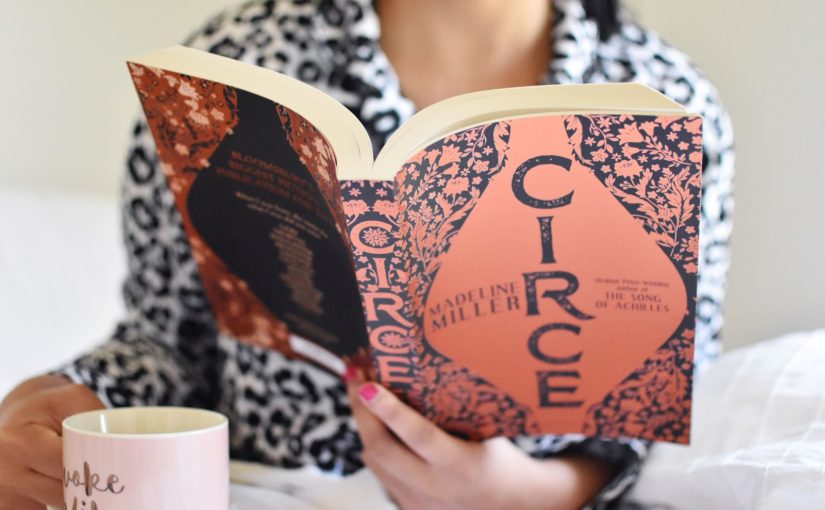| 1. How does the ancient Greek society, at least in the realm of the deities, view and treat women? |
| 2. Circe states, “It is a common saying that women are delicate creatures – flowers, eggs, anything that may be crushed in a moment’s carelessness. If I had ever believed it, I no longer did.” How does Circe dispel this notion of weakness in women? |
| 3. If you are familiar with The Odyssey, how does the novel differ from Homer’s telling of Odysseus and Circe’s relationship? |
| 4. Circe was banished by her family as a punishment, but it actually helped her develop her independence on the island of Aiaia. What about Aiaia gave her such peace? Do you have a modern version of Aiaia in your life? |
| 5. Circe struggles to find a place for herself as a woman in a man’s world. What parts of her experience resonate with modern day challenges that women face? |
| 6. What do you learn about female relationships from Circe and Penelope? Is there anything there you would emulate in your own life? |
| 7. Circe is routinely dismissed and rejected by the other immortals. Why do you think this is? Can you relate to any of her experiences with her peers? |
| 8. What did you know of Greek mythology before reading Circe? Has Miller’s novel added to or changed your understanding or appreciation of them? |
| 9. Circe eventually chooses her own path for how she wants to live and makes her big choice at the end. Did you like the ending? Why or why not? |
